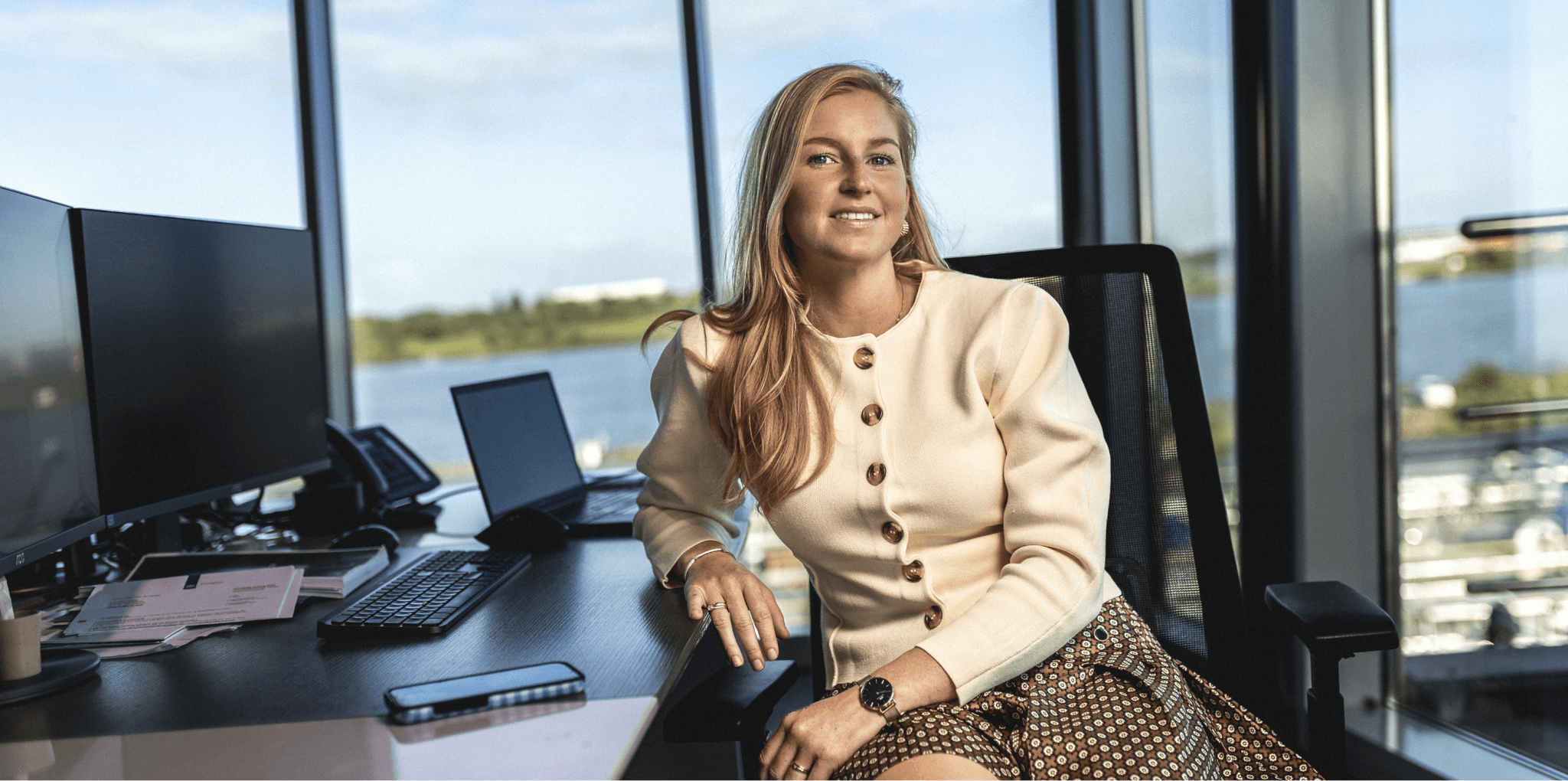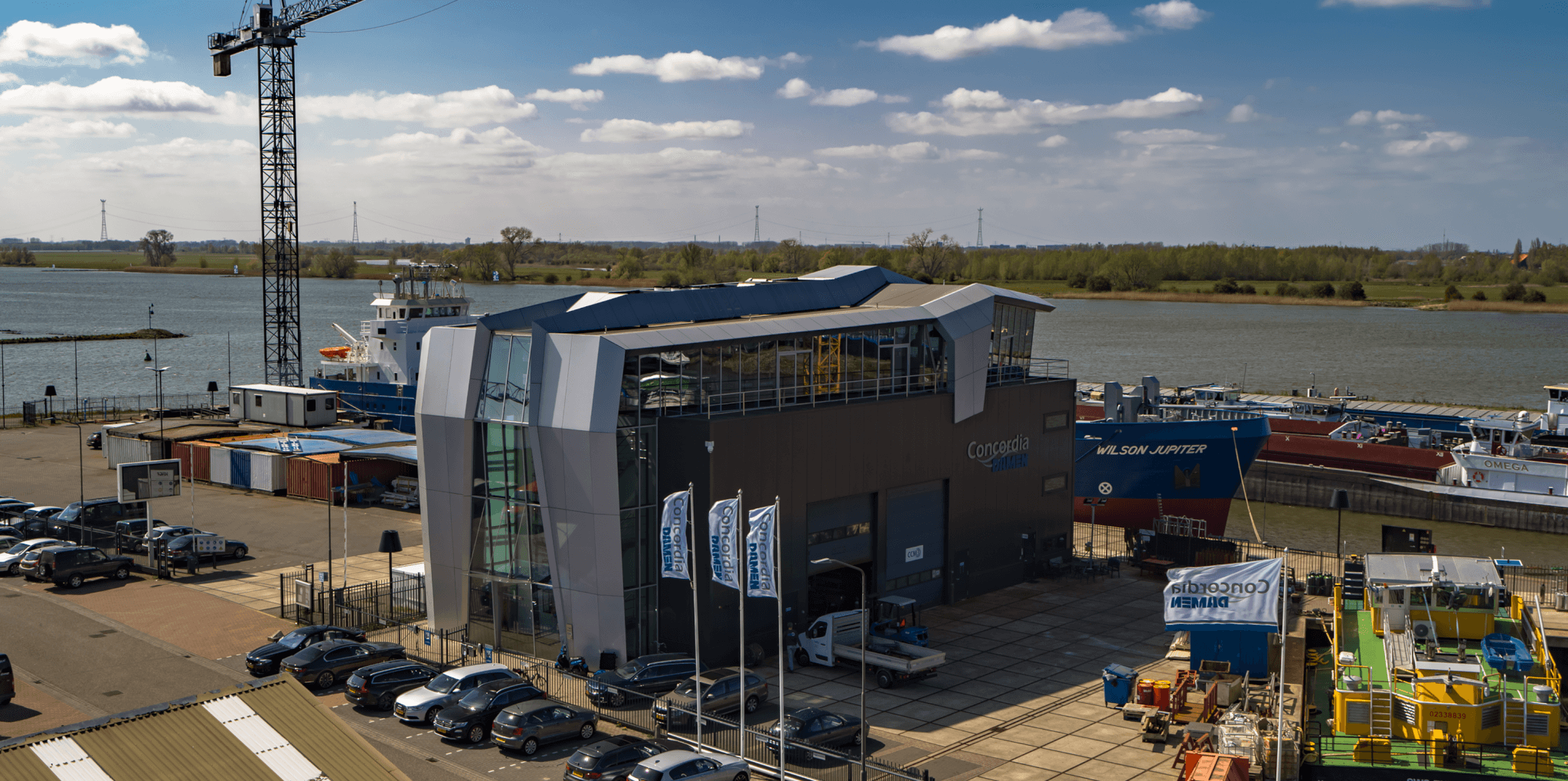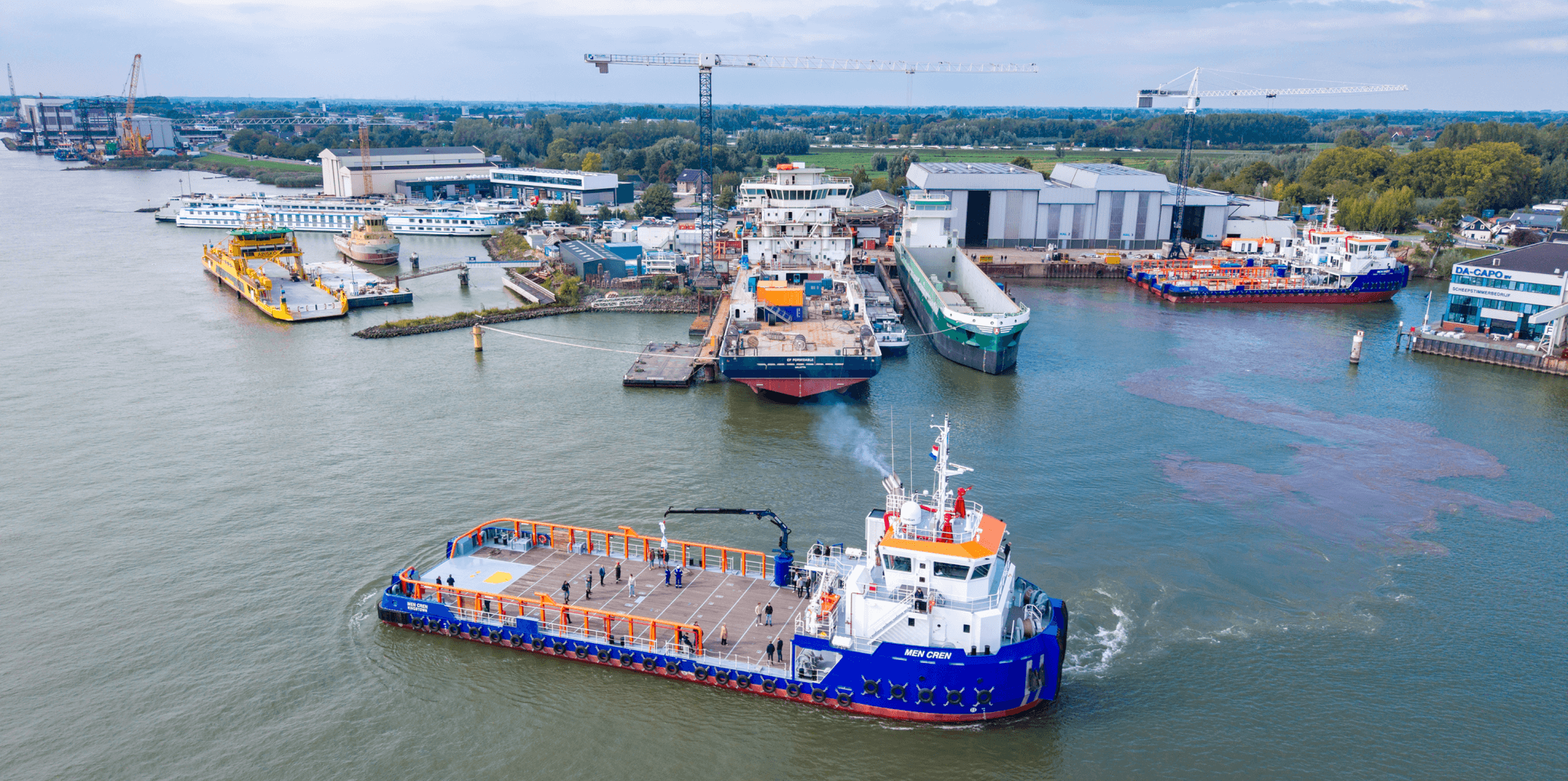Charting her own course: Heleen Kornet on leadership, legacy and navigating a male dominated maritime world


Innovating inland shipping: how Concordia Damen strengthens the maritime ecosystem from Werkendam to Rotterdam


Building smart, specialised vessels: how Holland Shipyards Group turns customer questions into practical innovation


